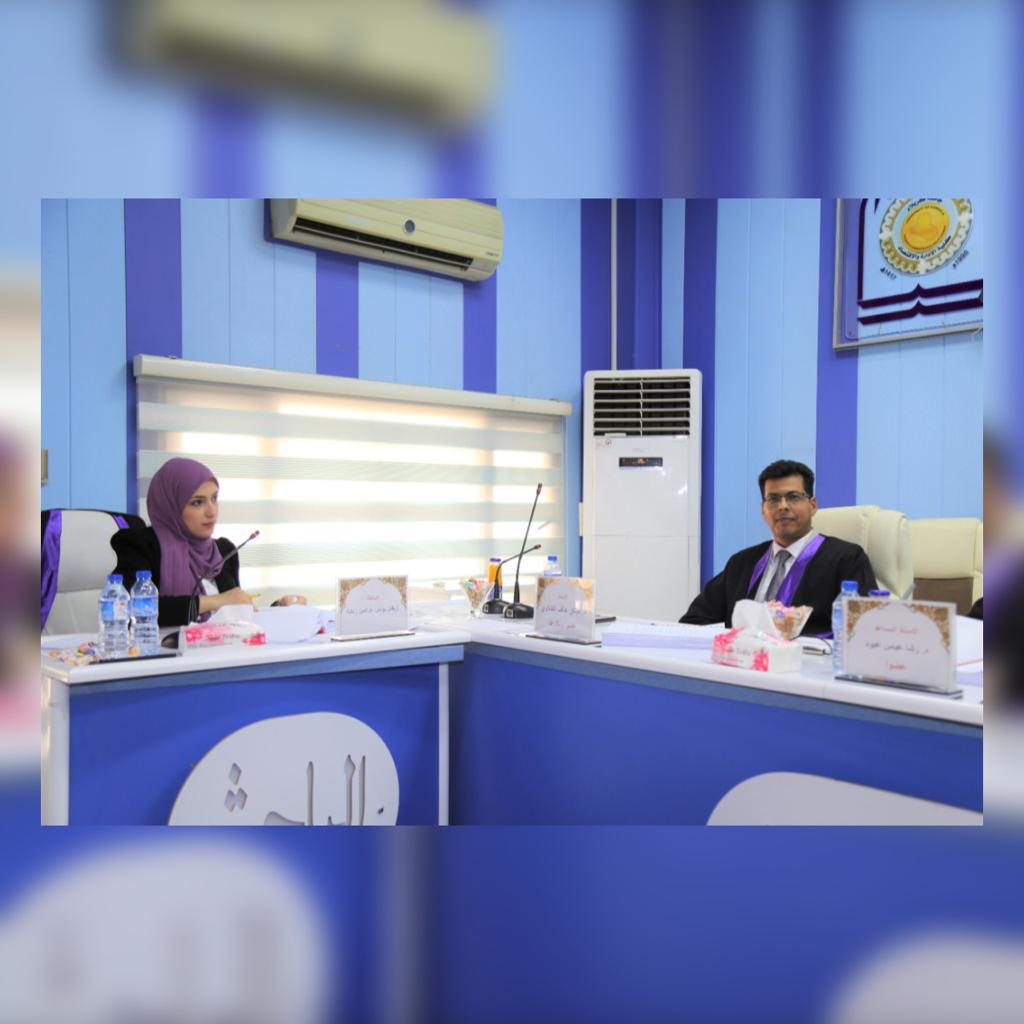The role of cultural intelligence in enhancing the adaptive performance of employees
(An analytical study of the opinions of a sample of the employees of the Amir Al-Momineen “P” Specialized Hospital in Najaf)
A thesis
submitted to the Board of the College of Administration and Economics at the University of Karbala, which is part of the requirements for obtaining an MBA degree
provided by the student
Areevan Younes Ezzedine Zangana
Supervised by
Prof. Dr
Meithak hatef Al-Fatlawy
This study aims to determine the impact of cultural intelligence on the adaptive performance of employees, and in order to achieve this, four dimensions of cultural intelligence (cognitive, metacognitive, motivational, and behavioral) were adopted. While adaptive performance was expressed as a dependent variable through its dimensions (dealing with emergencies or crises, dealing with work pressure, solving problems in a creative way, dealing with uncertain and unexpected work conditions, learning work tasks, techniques and procedures, personal adaptability, Cultural adaptability, physical adaptability), the research problem started from the reality of the Commander of the Faithful “P” Specialized Hospital in Najaf, being one of the most important hospitals in the governorate and providing its services to a large segment of patients, whether from the local population or from outside Iraq. A hypothesis has been built that reflects the researcher’s perceptions of the nature of the relationship between the variables, and according to two main hypotheses, the first relates to the relationship of its content (there is a significant correlation between cultural intelligence in its dimensions and the adaptive performance variable for employees), while the second hypothesis concerns the level of influence between the two variables in its content (there is A significant effect between cultural intelligence and the adaptive performance of employees.
The study was conducted at the Amir al-Mu’minin “P” Specialized Hospital in Najaf, and the necessary information for the field side was obtained through the questionnaire prepared for this purpose. Several in the practical side, including (Cronbach’s alpha coefficient, standard deviation, weighted mean, Pearson correlation coefficient, Structural Equation Modeling), and coefficient of determination (R2) depending on the statistical programs SPSS.V.25, Amos.V .23
The study reached a set of results, the most important of which is (there is a positive correlation and effect between the cultural intelligence variable and the employees’ adaptive performance variable). And the development of dimensions of cultural intelligence (cognitive, metacognitive, motivational and behavioral) for employees through a set of training programs to increase cultural intelligence, which include case studies of cultural awareness, training in cross-cultural behavior through role-playing, simulation and cultural intelligence must be embraced as part of leadership development programs)





























































